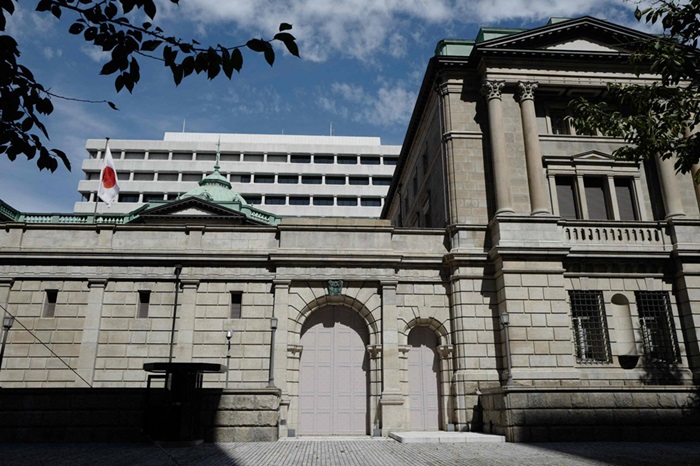In a surprising move, Japan’s central bank decided to raise interest rates for the first time in over a decade, marking a significant shift from its previous negative rates regime. This decision ends years of unconventional policy measures aimed at combating deflation.
The Bank of Japan’s Governor, Kazuo Ueda, explained that the decision was driven by the increasing likelihood of achieving the inflation target. However, he also emphasized that the bank would maintain accommodative financial conditions, considering the fragile state of the economy.
Despite the rate hike, the BOJ reassured that it would not embark on aggressive rate increases. Instead, it plans to monitor inflation trends and adjust rates accordingly. The central bank also announced the abolishment of its yield curve control policy for Japanese sovereign bonds but will continue purchasing government bonds at a similar rate.
In scaling back its asset purchases and quantitative easing, the BOJ will stop buying exchange-traded funds and Japan real estate investment trusts. It also pledged to slowly reduce its purchases of commercial paper and corporate bonds.
The decision led to a weakening of the yen and mixed reactions in financial markets, with the Nikkei stock index ending slightly up in a volatile session.
Looking ahead, Governor Ueda highlighted the importance of ongoing wage negotiations and potential risks to the economy, such as negative market shocks and subdued consumption. The BOJ will update its economic forecast at its April meeting, which will provide further insight into its future monetary policy decisions.
Overall, Japan’s move to raise interest rates signifies a shift in its monetary policy stance and a cautious approach to normalizing its policy measures.
(Source: WSJ | BBC | Bloomberg)









